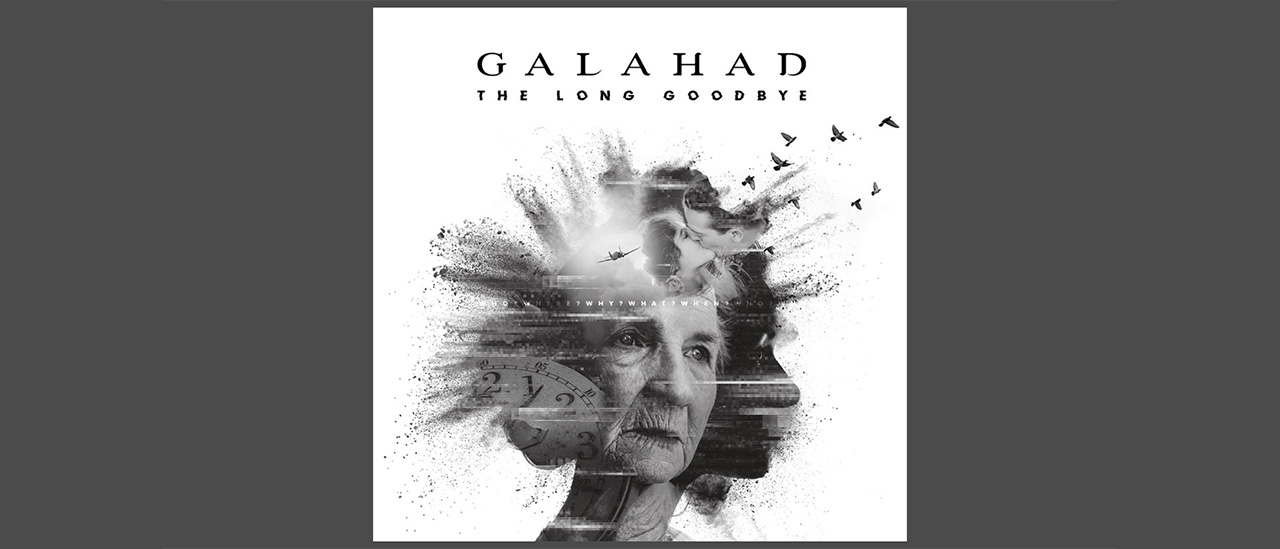Nobody noticed, but at some point, rock’n’roll got old, and stopped apologising for it. And in the process, the preoccupations of songwriters have slowly changed. Which means that an album like this 12th studio set from Galahad, who first emerged in the slipstream of the UK neo-prog movement of the early 80s, views the world from a mature viewpoint without sounding remotely irrelevant or unwelcome in the 21st-century rock arena.
It helps that it also employs timeless songcraft tricks to get our attention. Behind The Veil Of A Smile reels us in with a shimmering synth motif whose sense of hope is then rudely shut down by forbiddingly tritonic guitar riffs as Stu Nicholson’s vocal examines relationships gone sour where ‘good friends become enemies’ before an exhilarating rush of a chorus that warns of a breakdown of relations where ‘all reason is extinguished’.
Everything’s Changed continues that theme of regret as dark clouds of metallic guitar loom and Nicholson sings in melancholic tenor tones of ‘a misplaced comment, too many words spoken... somebody overhearing that shouldn’t have been there...’ which ‘can change your life.’ It’s a slice-of-life vignette that is skilfully dramatised with another boldly melodic chorus whose cathedral-like bank of backing vocals lend it a huge anthemic swell.
Equally captivating is Shadow In The Corner, an irresistible evocation of inner demons punctuated by a startling guitar break from Lee Abraham. If that all sounds a touch too prog averse in style, a pronounced lurch into left-field comes in the shape of The Righteous And The Damned, a Mitteleuropean folk pastiche exploding into anxious stabs of Van der Graaf-style melodrama and then galloping symphonic metal.
Cementing the overarching late-life theme is the title track, which builds an uneasy atmosphere in which the protagonist voices their confusion at the simplest tasks: ‘I’m filling up this thing that makes the water go hot/To make some drinks for people in another room whose names escape me.’ Evidently it’s sung from the point of view of a dementia sufferer, and their ‘universe of darkness’, before the song drifts into the extended coda of the title under more hymnal vocal repetition of ‘long goodbye’ as Abraham lets his fretwork take flight.
It’s a moving, elegiac way to end an album which, not so long ago, few would’ve been interested in – the thoughts and expression of people with a lifetime of nuanced experience to impart rather than youthful certainties writ large and shouted out loud. And when Galahad really do face the final curtain, Stu Nicholson can rest assured he certainly did it his way.
The Long Goodbye is on sale now via Avalon Records.

